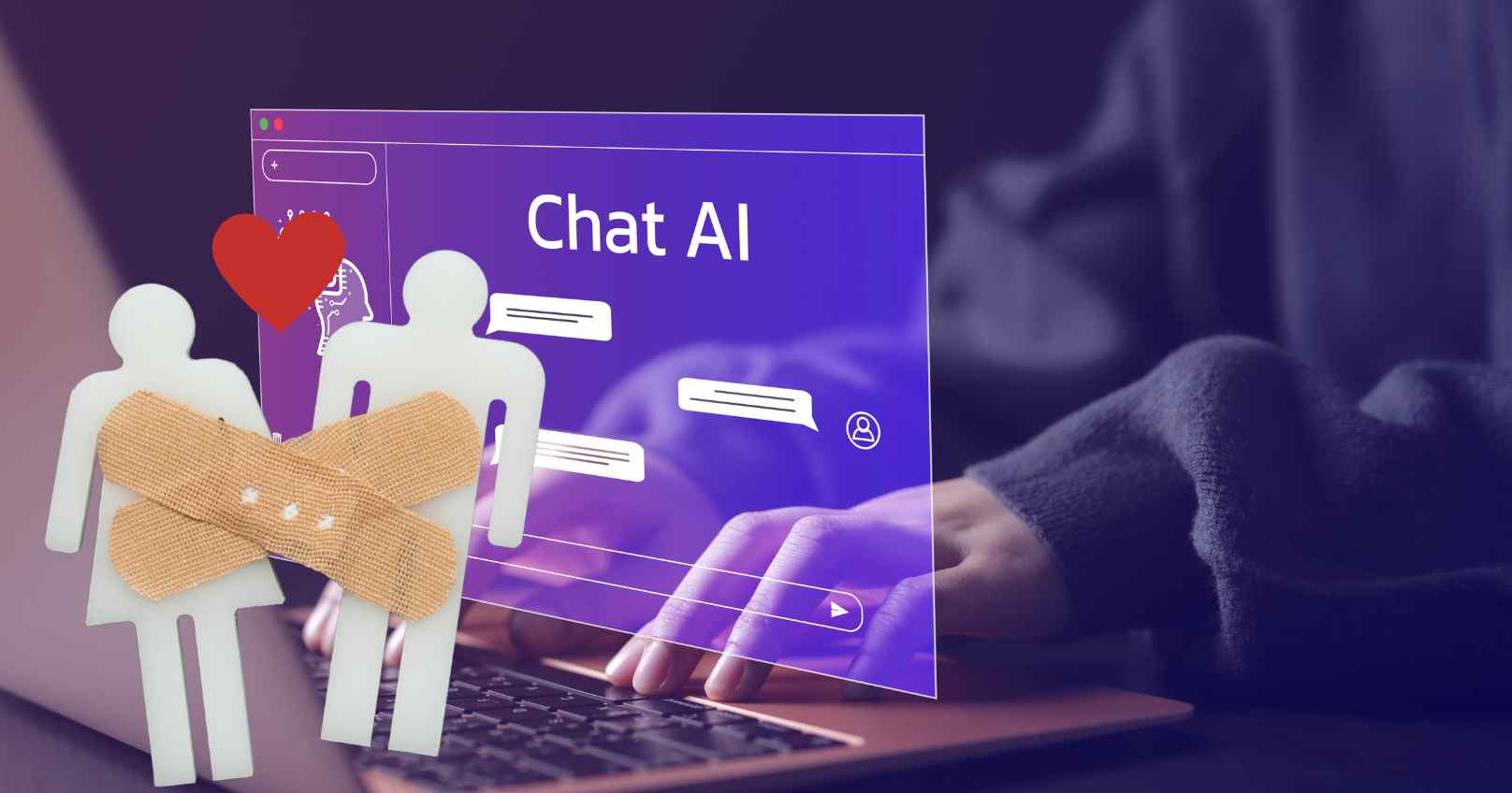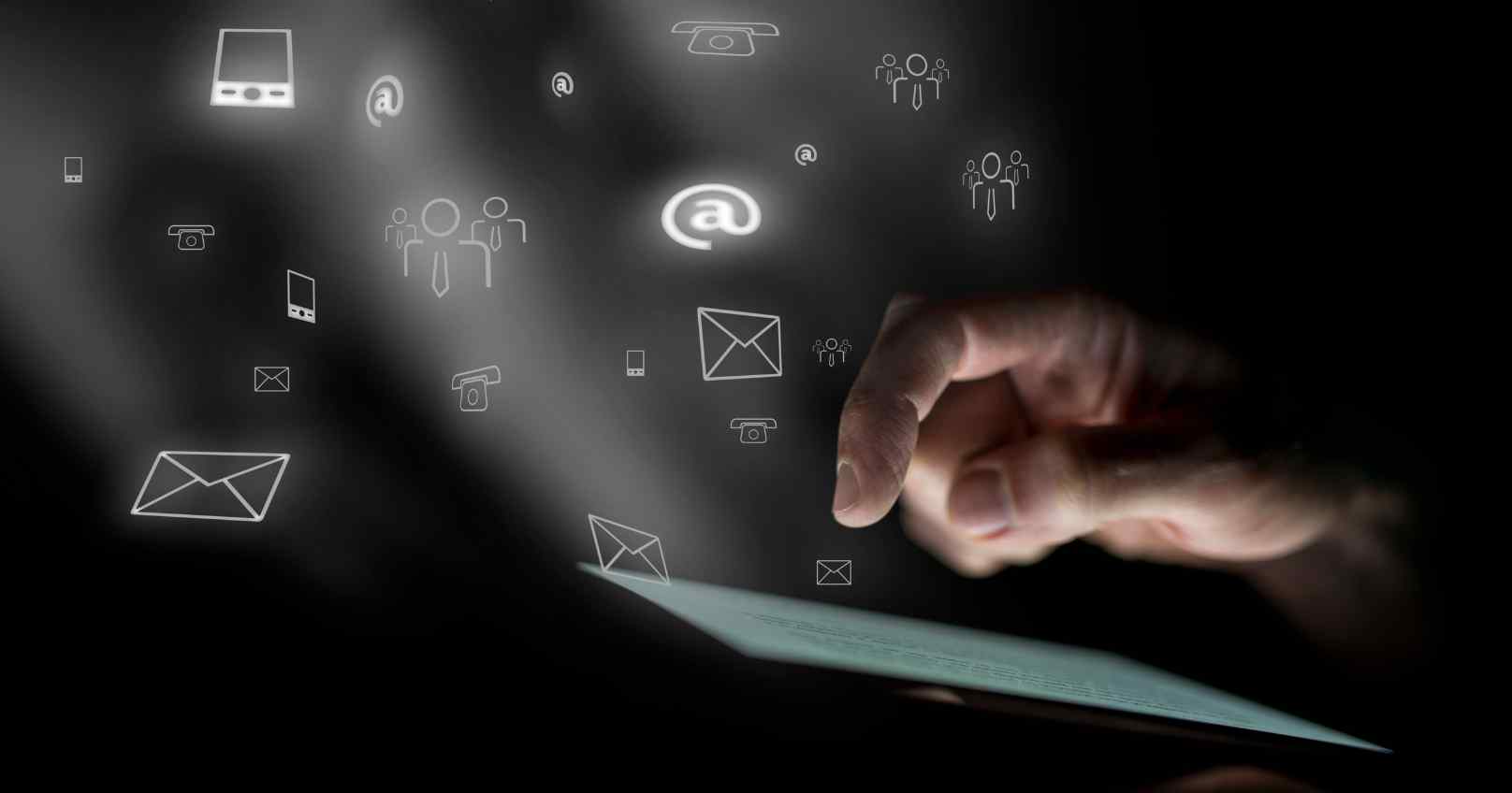In the digital age, technology continues to reshape various facets of our lives, including how we approach relationship counseling. Artificial Intelligence (AI) is now making its mark in the realm of therapy, offering new tools and methodologies for addressing relationship issues. This transformation promises to enhance the way individuals and couples navigate their emotional and relational challenges.
The Role of AI in Relationship Counseling
AI’s integration into relationship counseling is still in its nascent stages, but its potential is significant. AI-powered tools are being developed to assist therapists, provide self-help solutions, and offer support for managing relationship dynamics. Here are some key ways AI is influencing this field:
-
Virtual Counseling Assistants
- AI Chatbots: AI chatbots, like Woebot, are designed to offer emotional support and cognitive behavioral therapy (CBT) techniques. These bots use natural language processing to engage users in therapeutic conversations, helping them work through their issues with immediate feedback and support.
- 24/7 Accessibility: Unlike traditional therapy sessions that may require scheduling and waiting, AI chatbots provide instant, round-the-clock access to support, making therapy more accessible and convenient.
-
Personalized Therapy Plans
- Data-Driven Insights: AI can analyze user data, such as communication patterns and emotional responses, to create personalized therapy plans. This data-driven approach allows for tailored interventions based on individual needs and relationship dynamics.
- Predictive Analytics: By examining patterns in user interactions and behaviors, AI tools can predict potential issues and suggest proactive measures, helping couples address problems before they escalate.
-
Enhanced Therapeutic Techniques
- Emotion Recognition: Advanced AI systems can analyze voice tone, facial expressions, and text to gauge emotional states. This technology helps therapists understand clients better and tailor their approaches accordingly.
- Interactive Exercises: AI can facilitate interactive exercises and games designed to improve communication and resolve conflicts. These exercises often use gamification techniques to engage users in a fun, non-threatening way.
-
Scalable Support Solutions
- Affordability: AI-driven therapy tools often come at a lower cost compared to traditional counseling sessions, making therapy more affordable and accessible for a broader audience.
- Scalability: AI solutions can serve a large number of users simultaneously, offering scalable support to those who might not otherwise have access to counseling services.
Benefits and Limitations
Benefits:
- Accessibility: AI tools break down barriers related to time, location, and cost, providing more people with the opportunity to receive support.
- Immediate Support: Users can access help at any time, offering support during moments of crisis or when traditional therapy options are unavailable.
- Anonymity and Privacy: AI chatbots offer a level of anonymity that may encourage users to seek help without the fear of judgment.
Limitations:
- Lack of Human Touch: While AI can offer support, it lacks the nuanced understanding and empathy that human therapists provide.
- Privacy Concerns: Handling sensitive relationship data requires robust security measures to protect user privacy and prevent misuse of information.
- Dependence on Technology: Over-reliance on AI tools may undermine the value of human interaction in therapy, which is crucial for deeper emotional healing.
The Future of AI in Relationship Counseling
As AI technology continues to advance, its role in relationship counseling is expected to grow. Future developments may include more sophisticated emotional recognition systems, enhanced personalization, and deeper integration with traditional therapeutic practices. The goal is not to replace human therapists but to complement their efforts and expand the reach of therapeutic support.
In conclusion, AI in relationship counseling represents a promising frontier, offering innovative solutions to address relationship challenges. While it brings numerous advantages, it is important to balance technological support with human empathy and professional guidance. As we move forward, the synergy between AI and traditional therapy could pave the way for more effective and accessible relationship support.







